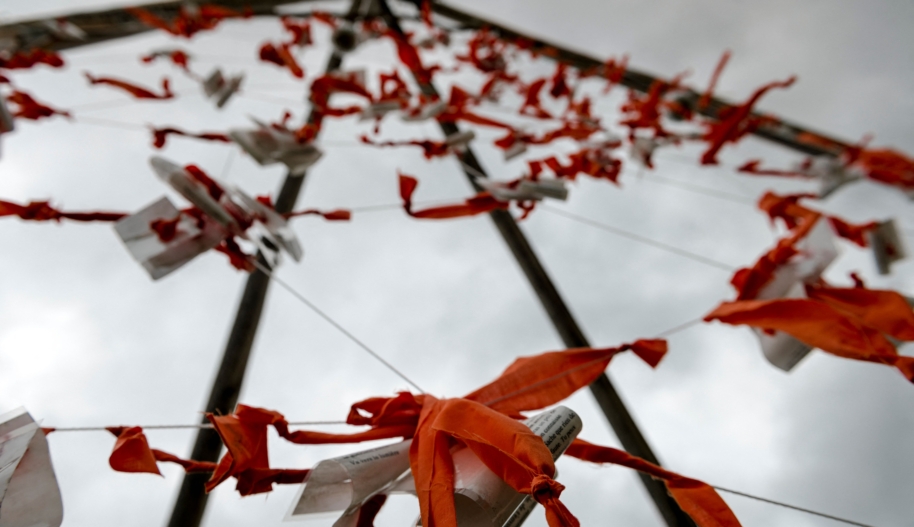The Indian Residential Schools Survivors Society is available for survivors and those affected at 1-800-721-0066 or on the 24 hour crisis line at 1-866-925-4419. British Columbia has a First Nations and Indigenous Crisis Line offered through the KUU-US Crisis Line Society at 1-800-588-9717.
Today, September 30, marks the first National Day of Truth and Reconciliation in Canada.
We honour the lives of the First Nations, Inuit and Métis children uprooted from their families and reflect on the deep wounds borne by Indigenous Peoples ever since. An estimated 150,000 children were forcibly removed from their families and communities, transferred to residential schools, sometimes thousands of kilometres away from their homes. They endured horrific conditions of physical and sexual abuse, unsanitary conditions resulting in disease, malnutrition and starvation, forced labour, and indoctrination out of their identity, languages and cultures. Thousands of children never made it home.
From 1831 to 1996, there were 140 federally run residential schools across the country. For years, survivors and communities spoke out about the intergenerational trauma caused by these institutions: from the trauma inflicted on these children within the system, their loss of language, community, and culture and ways of being, to the ongoing forcible removal and assimilation under the child welfare system.
The colonial policies continue to this date: Indigenous children are overwhelmingly represented in Canada’s child welfare system; Indigenous women, girls, and two-spirit people experience staggeringly high rates of violence; and governments frequently approve industrial projects on Indigenous territories without their free, prior, and informed consent.
Yesterday, in an important step towards justice for Indigenous children, the Federal Court upheld a landmark Canadian Human Rights Tribunal ruling ordering the federal government to compensate First Nations children and their families.
On this day, all non-Indigenous people are called upon to witness and act upon this truth, without which there can be no reconciliation.
We invite you to join us at 7:00 pm EST today, in conversation with legal scholar Tamara Starblanket. Tamara is Spider Woman, a Nehiyaw iskwew (Cree woman) from Ahtahkakoop First Nation in Treaty Six. She is the author of “Suffer the Little Children: Genocide, Indigenous Nations, and the Canadian State”, a groundbreaking book in which she exposes the forcible removal of Indigenous children as a crime under the UN Genocide Convention.
Indigenous Peoples have led the way in seeking truth, justice, and accountability. Settlers must reflect on the remarkable work Indigenous communities have been doing to gather and analyze evidence, support survivors, and lobby nationally and internationally for recognition and restitution. This work is exhausting and retraumatizing. We call on all non-Indigenous people to find the courage to face up to benefitting from the living legacy of colonization. We must take on the work we are being asked to do.
What can you do to mark this important day of reflection? Read more on our blog.
On this, the first annual National Day of Truth and Reconciliation, we ask you to turn reflection into action. Please join us in calling for justice and accountability for Indigenous Peoples.
In solidarity,
Ketty Nivyabandi Mohamed Huque
Secretary General Chair













